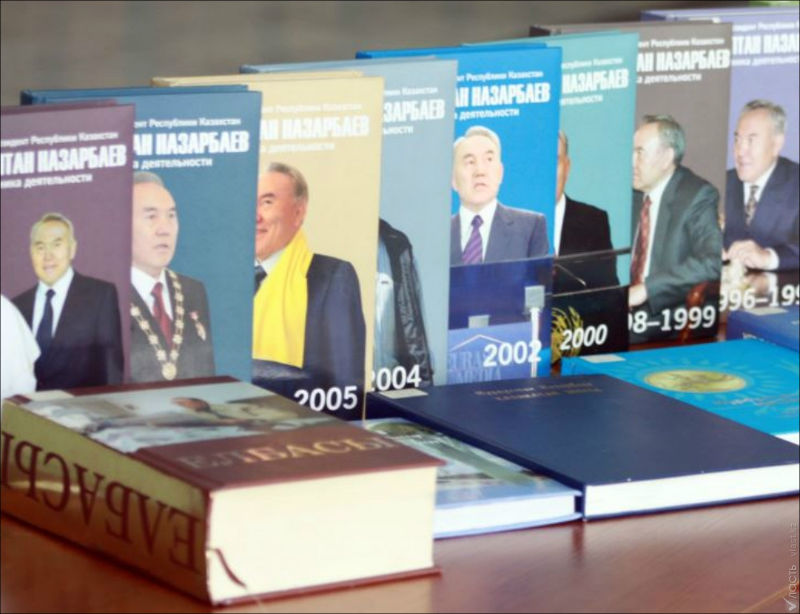

Write something about yourself. No need to be fancy, just an overview. No Archives Categories.
• Share this post: • • • • • Tajiks can be said are most suffered nation of former Soviet Union in latest quarter of century – bloody civil war, total economic collapse, massive labor migration, colossal corruption and lack of any freedom and hope. After husbands and fathers were killed or left to Russia or are unable to provide for the family anymore, women in many families of this conservative society had to leave home and seek for opportunities. On life of Tajik women the Central Asian Analytical Network talked with researcher, from the Heidelberg University in Germany. There is no connection between the content of the interview/mentioned cases and the people on the photographs.
Photographs of Tajik women are taken and provided by Swetlana Torno Women in mid-ages, on the other hand, worry a lot about the wellbeing of their children: Do they behave and study well? Will my husband be able to earn enough money to buy the necessary books and a new uniform for the next school year for all our children?  How can we possibly finance the university education of the brightest of our children and the upcoming commemoration ceremony of my husband’s mother, the upcoming wedding of my son, the medical treatment for my daughter?
How can we possibly finance the university education of the brightest of our children and the upcoming commemoration ceremony of my husband’s mother, the upcoming wedding of my son, the medical treatment for my daughter?
Should I look for additional clients in my tailoring business next to my job as a teacher to make the ends meet? Hopefully my daughter is doing well in her husband’s house! Hopefully our son returns back from the military service sound and healthy! Challenges vary for women who for different reasons lost their husbands and thus need to be both, a father and a mother, for their children. The question here is whether they can count on the support from their in-law families next to their own siblings. Finally, labor migration creates a whole range of ‘changes’ and ‘challenges’ that affect women (and men) depending on the time in their life course.
Examples include: the novel way to experience the fathers’ love and study instructions through mobile screens; young brides facing their own and their husband’s estrangement when they return back home after two or more years abroad; women running the family business, overseeing the house construction, and negotiating university entrance fees for their children in their husbands’ absence; old mothers wishing their eldest son would not need to set off again on a troublesome journey into a cold, often hostile country from where some come back home aggrieved. Does the social category of a woman (I mean, being a sister, a daughter, a mother, a wife, a mother-in-law) add additional challenges on her? Yes, and you raise an important point here. People in Tajikistan, and Central Asia at large, ascribe a high value to family relations. When meeting a person in Tajikistan, a common first question revolves around the wellbeing of one’s father, mother, sisters, brothers etc. This, I argue, is not a mere friendly remark.

On the contrary, it underlines the importance people place on family. My work shows that in present-day Tajikistan the institution of the family plays a tremendously important role in the provision of care and social security. This is particularly evident when one thinks about the severe underfunding of state welfare institutions. There is no connection between the content of the interview/mentioned cases and the people on the photographs. Photographs of Tajik women are taken and provided by Swetlana Torno Arranged marriages contain the possibility of bride and groom, in differing degrees, being involved in partner choice. However, they also contain the possibility of parents or older brothers imposing a decision upon their children and sisters respectively. Here, the line between force, persuasion and agreement due to a lack of other perspectives is difficult to draw.
- Author: admin
- Category: Category